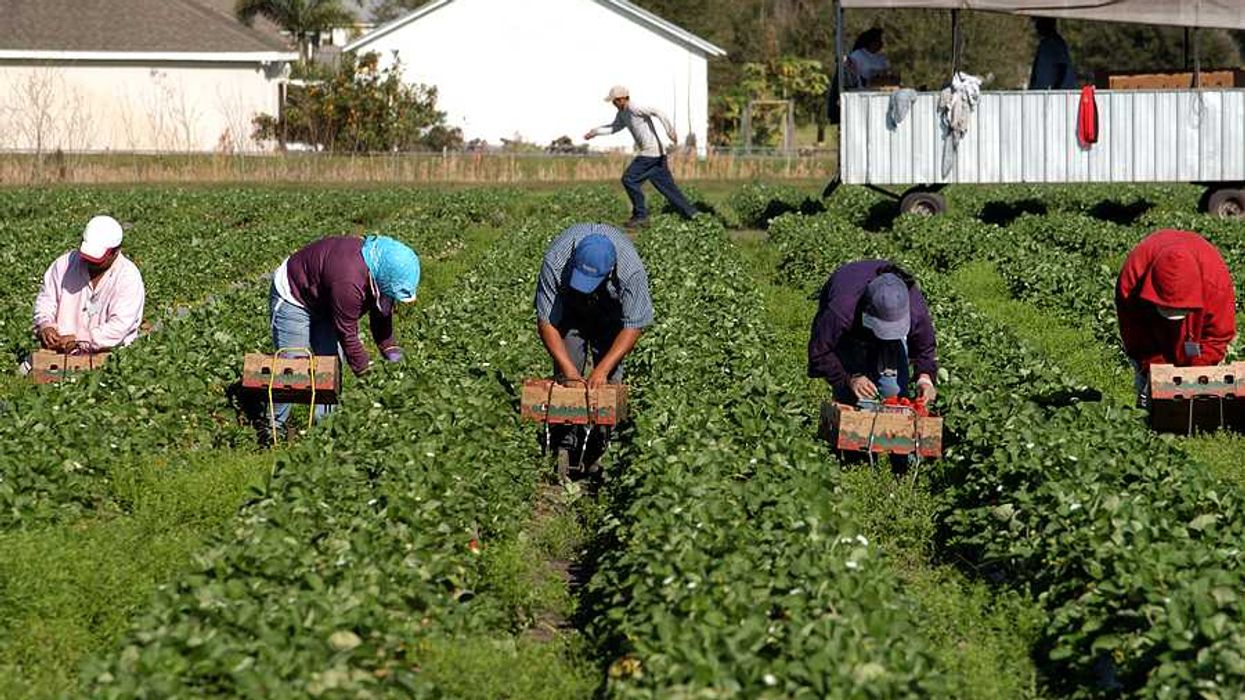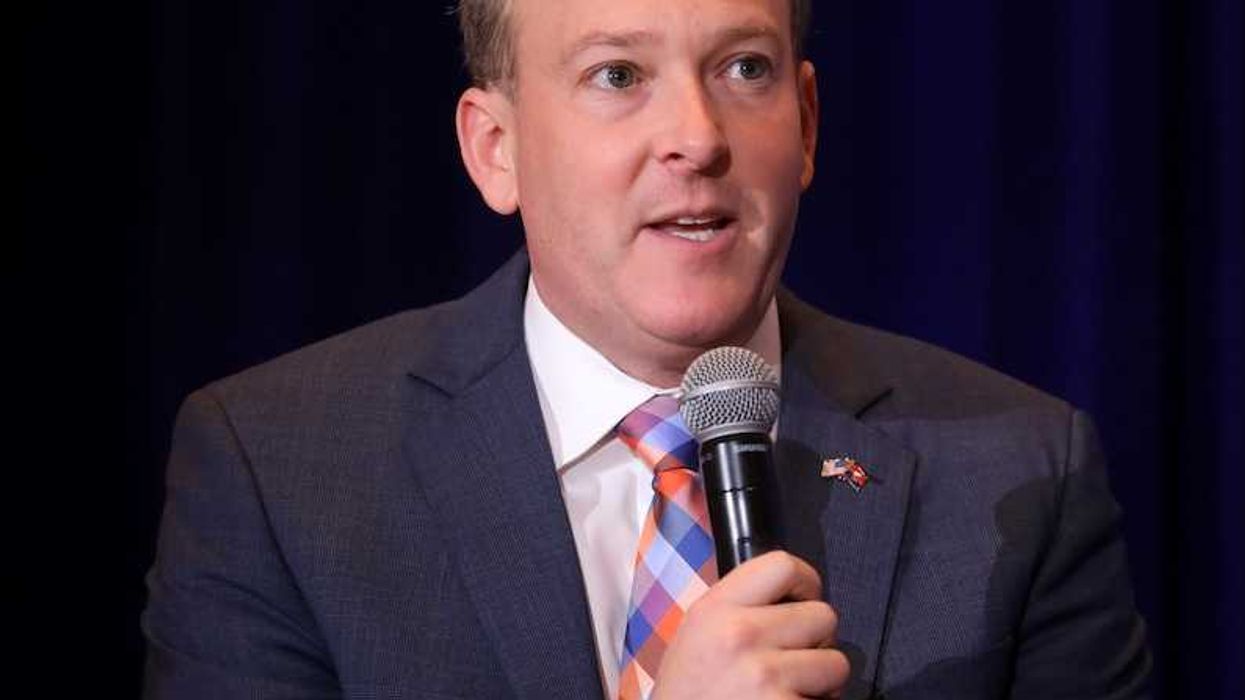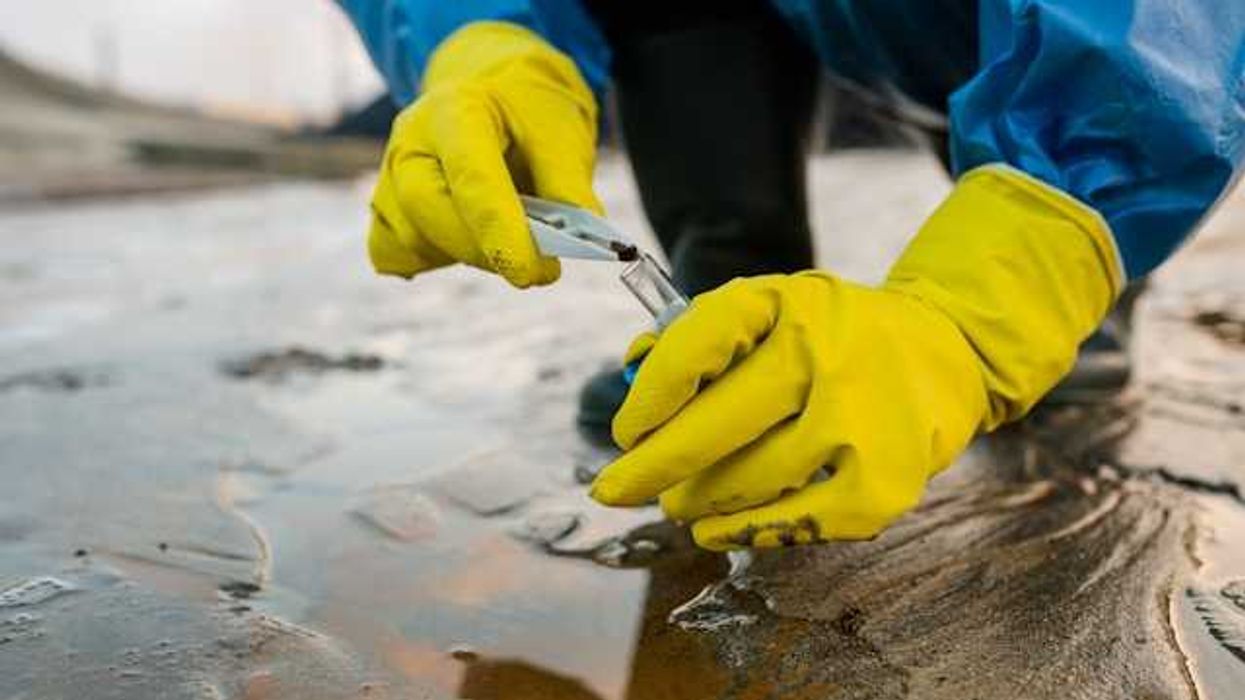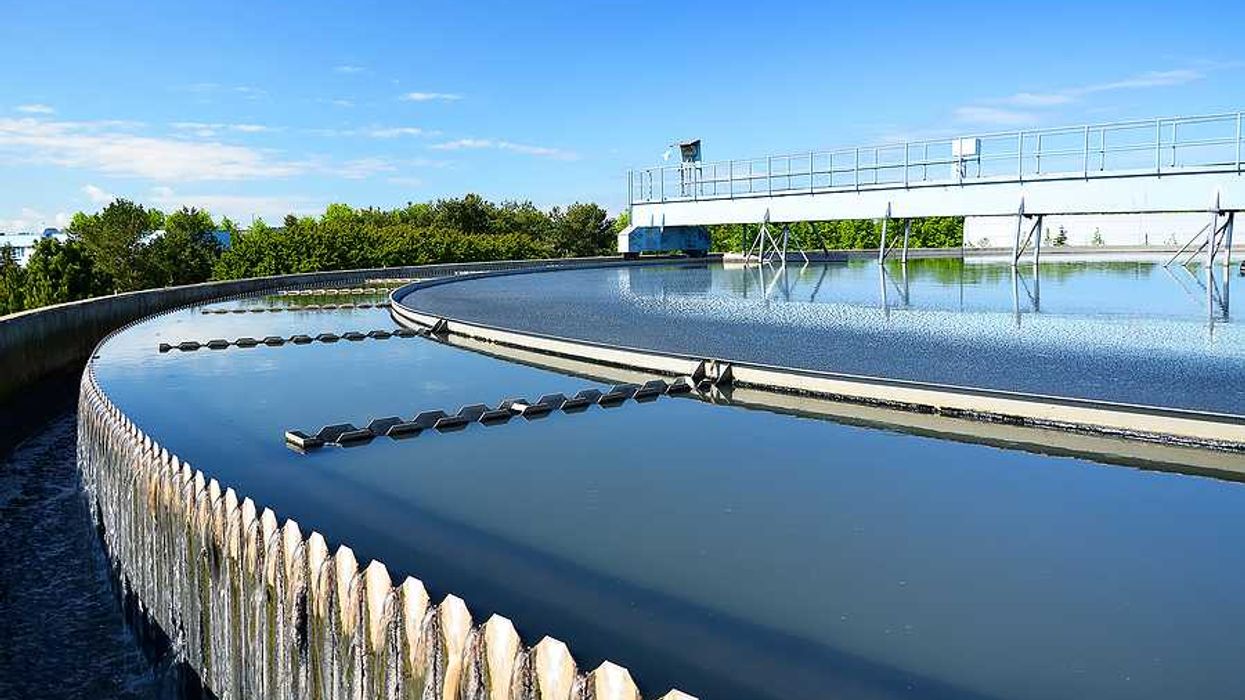A New Hampshire woman who began organizing after toxic PFAS chemicals were found in her town’s water has won the Goldman Environmental Prize for her work pushing for cleanup and accountability.
Mara Hoplamazian reports for New Hampshire Public Radio.
In short:
- Laurene Allen began her advocacy in 2016 after state officials detected PFAS chemicals in Merrimack’s water, linked to operations at the Saint-Gobain manufacturing plant.
- She co-founded two advocacy groups, Merrimack Citizens for Clean Water and the National PFAS Contamination Coalition, pushing for stronger legal limits and site cleanups.
- Though the plant closed in 2023, Allen says her work continues due to widespread contamination and the lack of a proper cleanup plan.
Key quote:
"There's all these chapter endings, but the book never ends. If only it was done there. We're left with an environment with contamination everywhere. And we're also left with a site that is yet to have an appropriate cleanup plan."
— Laurene Allen, co-founder of Merrimack Citizens for Clean Water
Why this matters:
PFAS chemicals, often called “forever chemicals,” are synthetic compounds used in everything from firefighting foam to nonstick cookware. They don’t break down easily and accumulate in the environment and in people’s bodies. Exposure has been linked to cancer, hormone disruption, and immune dysfunction. Communities like Merrimack have become ground zero in the national reckoning over industrial pollution and weak regulatory oversight. Despite growing awareness, thousands of sites across the U.S. remain contaminated, and many residents face long-term health risks with little recourse. The U.S. Environmental Protection Agency only recently proposed enforceable limits for PFAS in drinking water. As more contamination sites emerge, particularly near military bases and manufacturing hubs, Allen’s story shows how local residents often lead the charge for reform.
Related: How to avoid the next PFAS crisis














